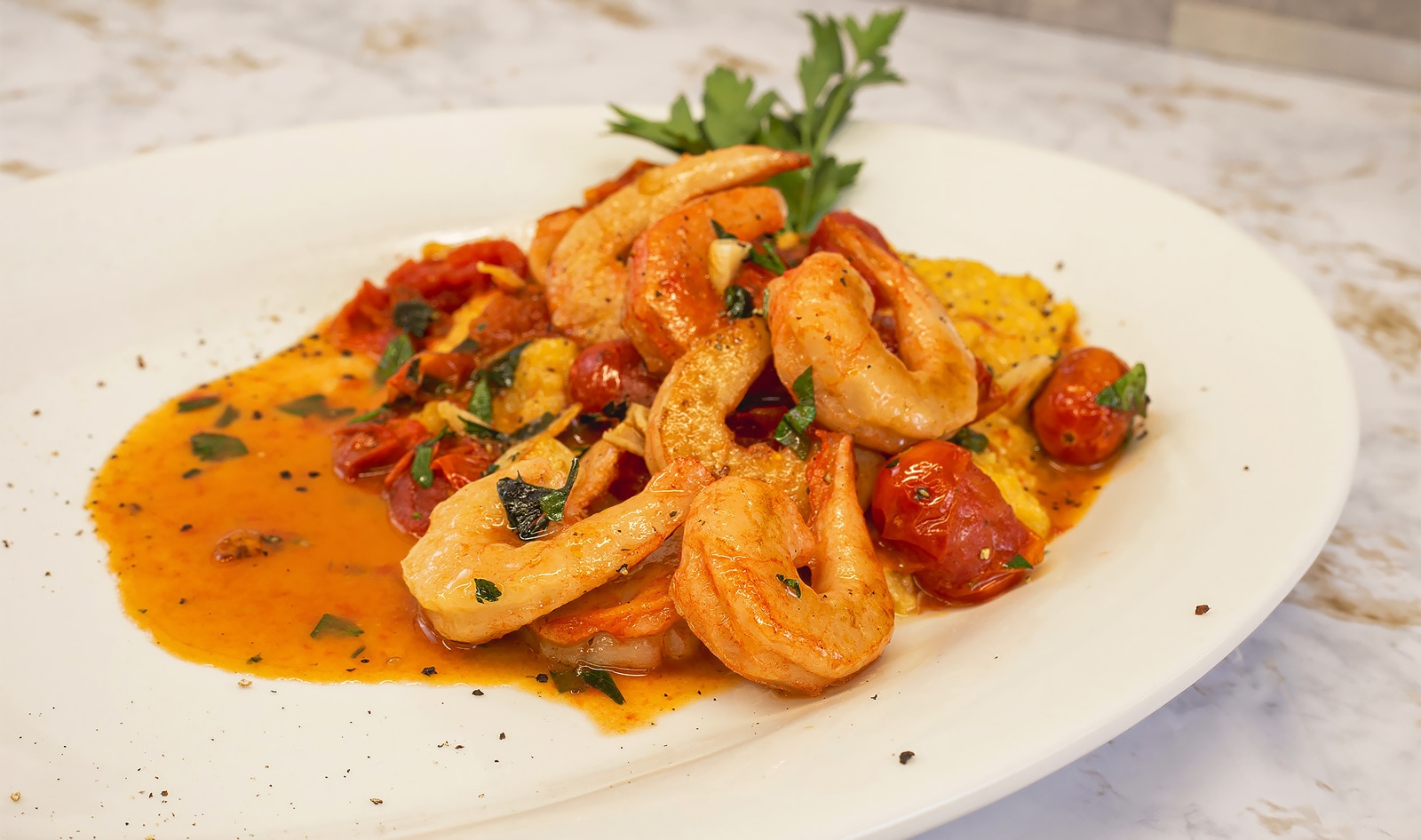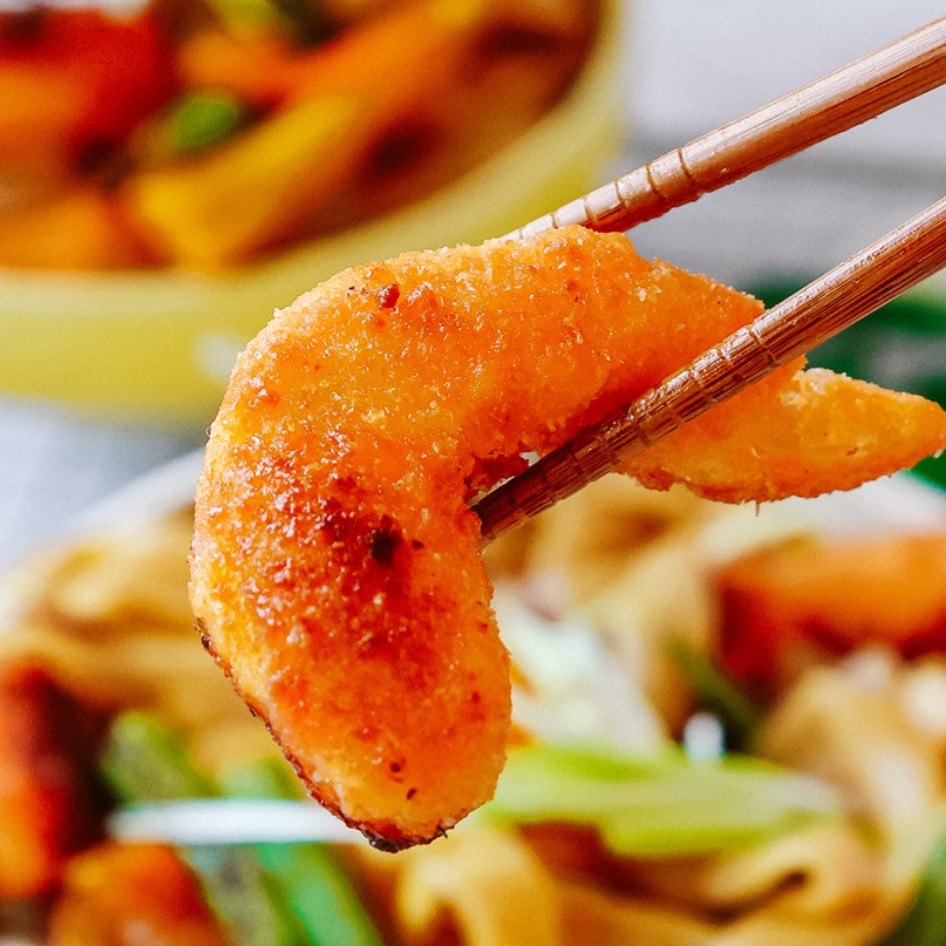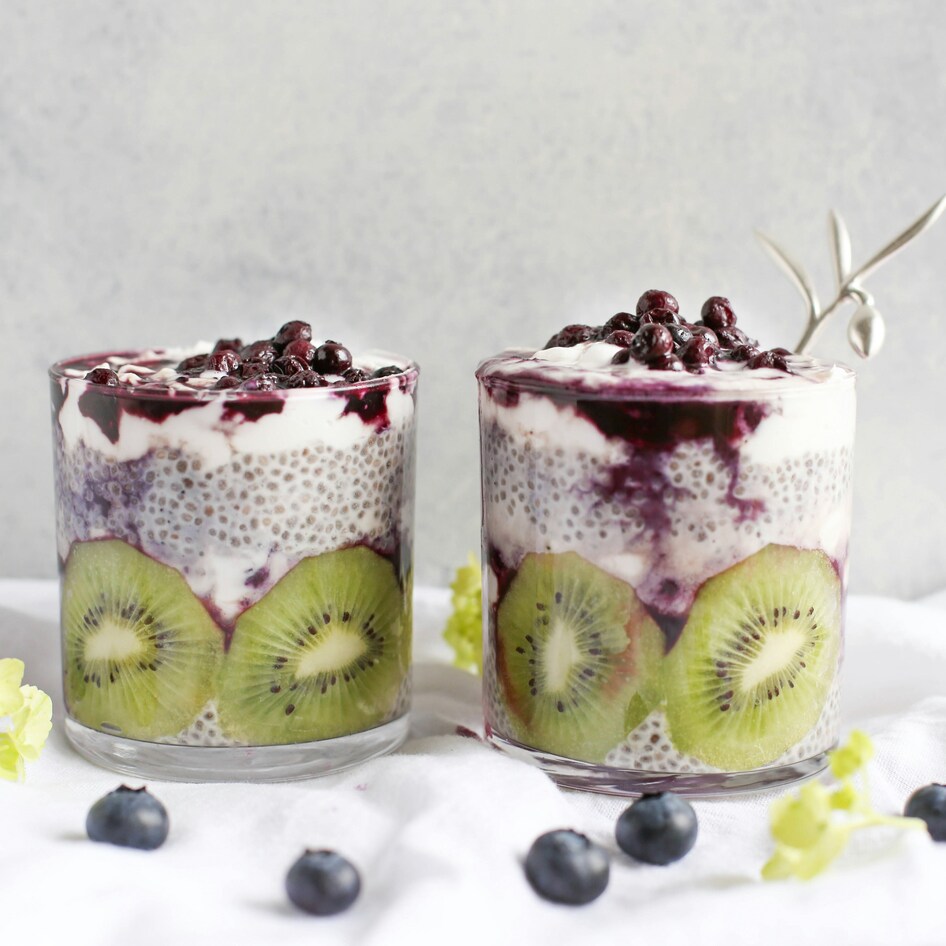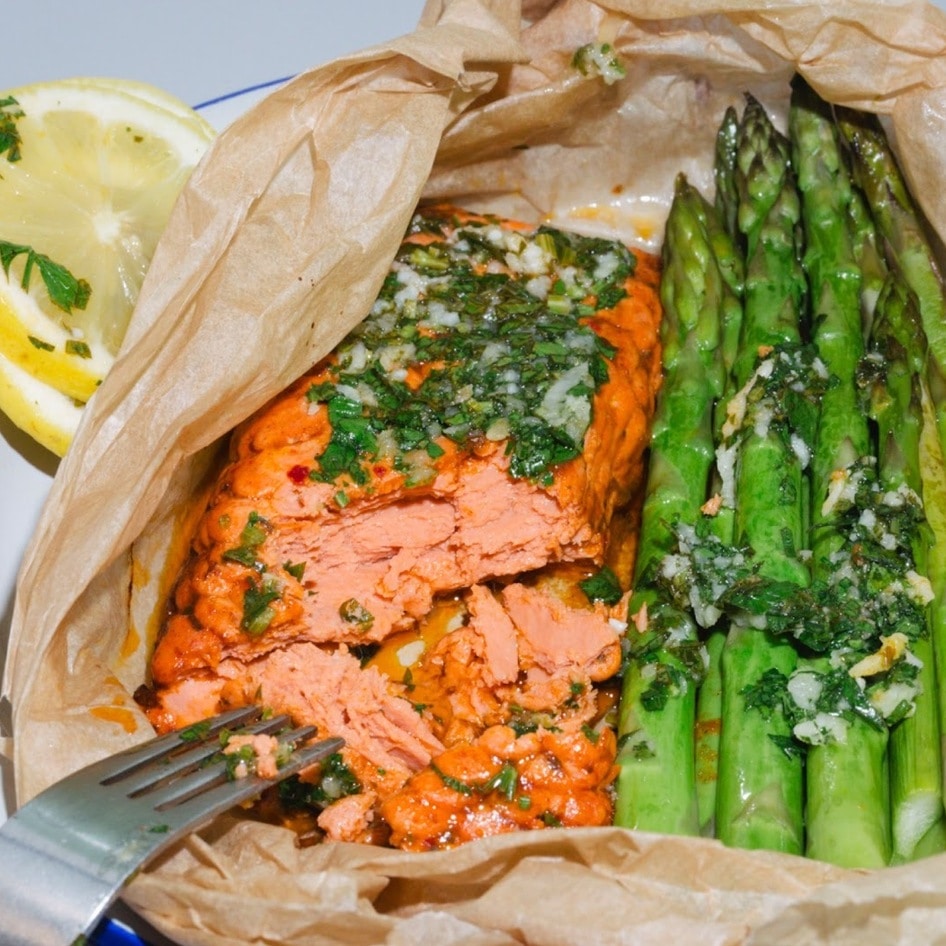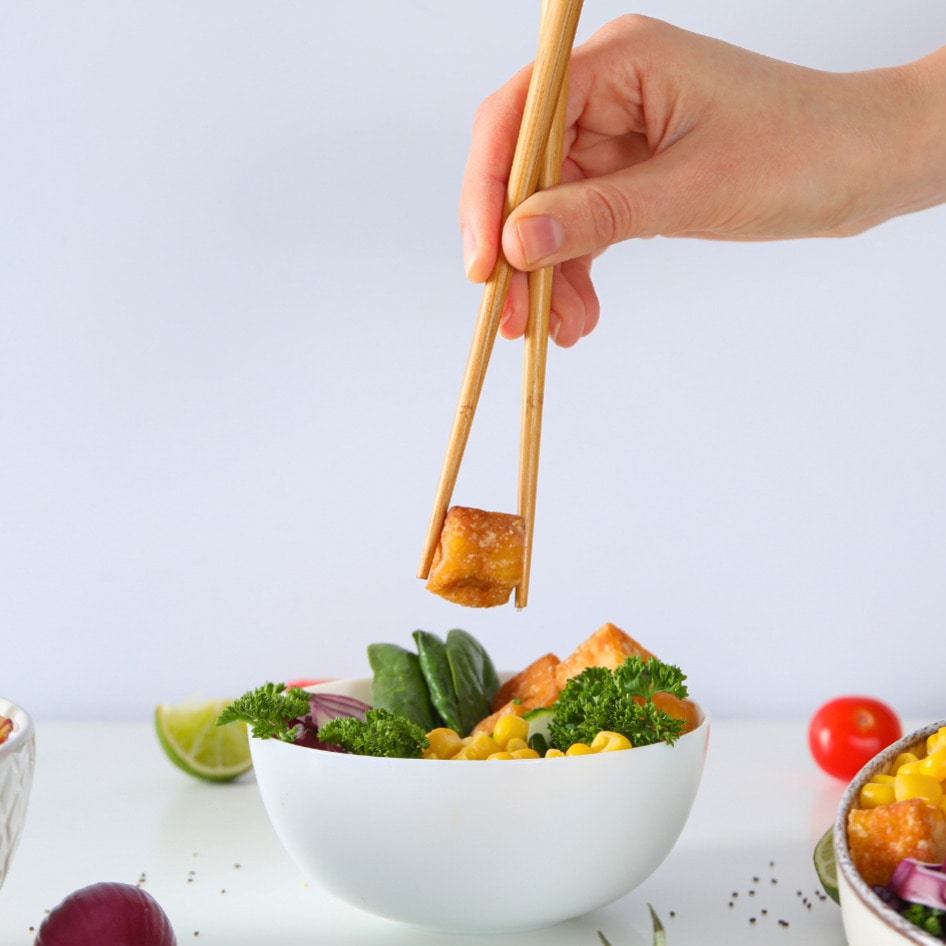Together, overfishing and the climate crisis are fueling the collapse of aquatic ecosystems. Just last month, fishing season for Alaskan snow crabs was canceled for the first time in history due to a steep decline in the Alaskan snow crab population ultimately caused by overfishing and, to a much greater extent, the climate crisis fueled by human activity.
Luckily, vegan seafood companies are creating solutions to satisfy humanity’s demand for seafood without further harming aquatic ecosystems, all while pushing sustainability efforts forward. And ISH, a plant-based seafood company launched in 2020, is helping lead the charge.
Vegan shrimp for the planet and human health
Founded by entrepreneur and environmental sustainability expert Bernard David, ISH utilizes a whole systems approach to create its flagship product, Shrimpish. For ISH CEO David, a whole systems approach ensures the brand’s plant-based seafood products are beneficial for the planet, animals, and human health.
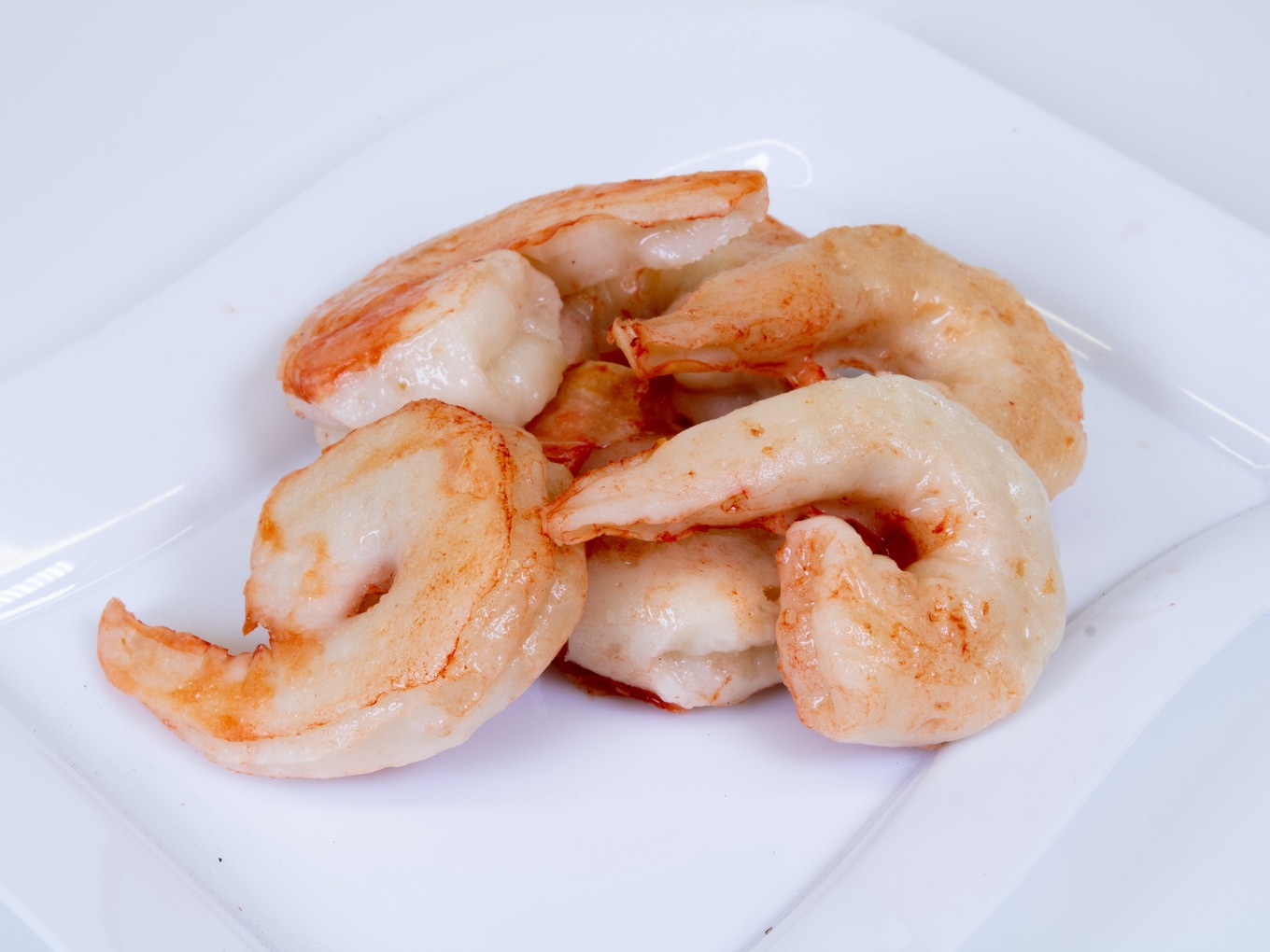 ISH
ISH
Shrimpish boasts 300 milligrams of omega-3 fatty acids per serving and a taste, mouthfeel, and “snap” reminiscent of conventional shrimp. ISH—which stands for Innovative, Sustainable, and Healthy—relies on green coconut, konjac, and soy protein to create vegan shrimp. Each of these ingredients were carefully selected to ensure the final iteration of Shrimpish isn’t just delicious, but also provides nutritional value without causing harm to the planet.
To select its product ingredients, ISH utilizes science and data to assign each of its potential ingredients a health value. Similar to a traffic light, ingredients are categorized as red, green, and yellow.
Ingredients are sorted into the red category when they fail to meet ISH’s standards for planetary health and human consumption—these “red” ingredients never make it into the company’s products. Methylcellulose (a binding agent and gut irritant), titanium dioxide (a metal commonly found in plants and animals considered an unsafe food additive by the European Food Safety Authority), palm oil, and artificial colors and flavors have all been classified as red by the company.
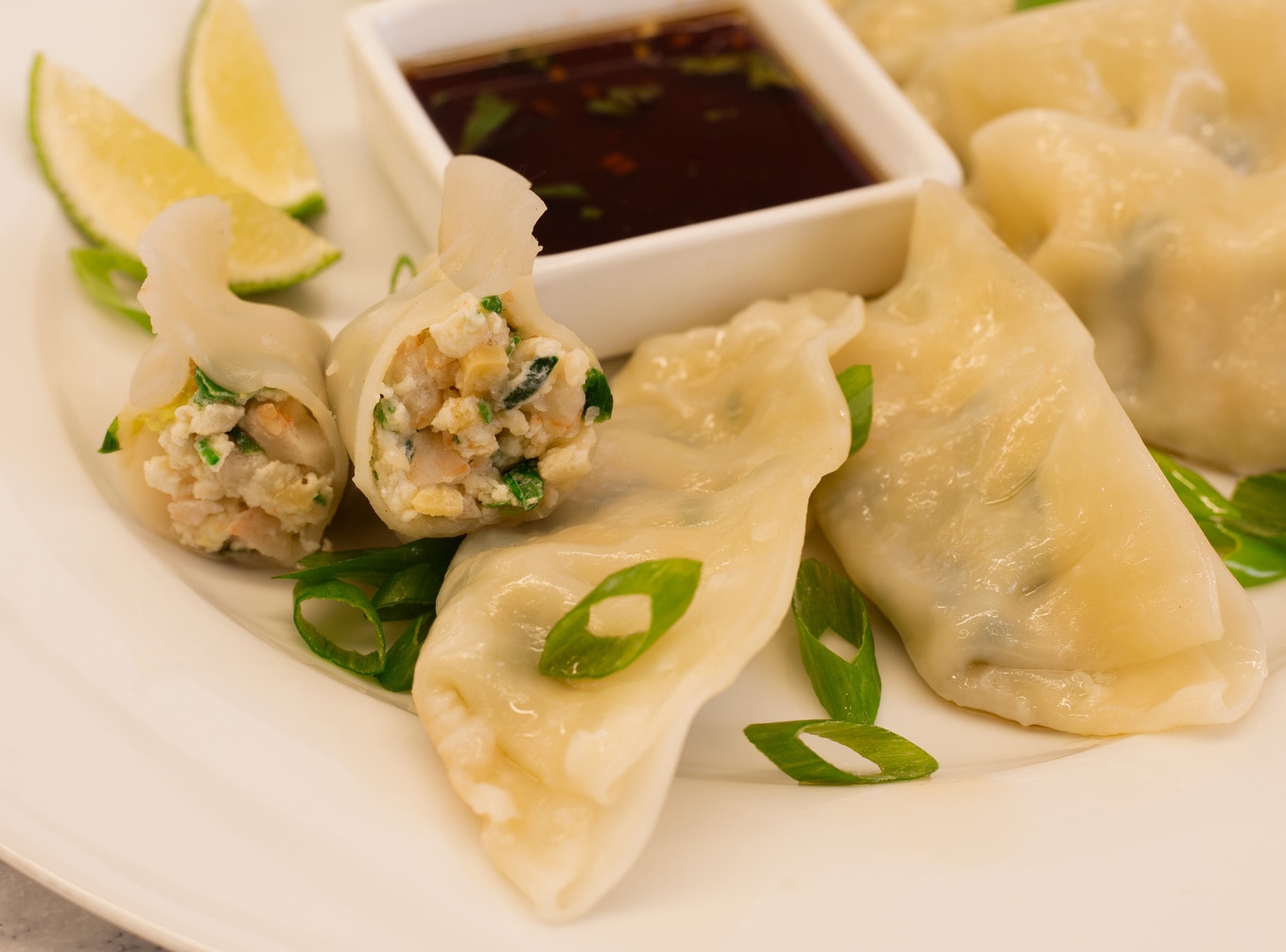 ISH
ISH
Instead, ISH utilizes nutritious “green” ingredients and a select few “yellow” ingredients—such “yellow” ingredients are not detrimental to human health, but they are also non-nutritive. Glycerin, sea salt, and natural flavors are all considered yellow by the brand.
“ISH’s ‘Whole System’ approach looks at every detail, from development to production to consumption, to ensure all ingredients are in line with our mission to deliver innovating, sustainable, healthy, and delicious plant-based foods to every plate worldwide,” David tells VegNews.
Shrimpish is currently available at select restaurants and universities. A retail launch with a bevy of new products—such as Salmonish, Codish, Crabish, and Lobsterish—is planned for 2024.
Vegan seafood for all
Earlier this year, ISH partnered with global seafood giants Thai Union and Chicken of the Sea to help make plant-based seafood options more affordable.
“As the leading distributor of frozen shrimp and pasteurized crab meat in North America, Chicken of the Sea is working with ISH to ensure alternative seafood options are available to new audiences at an affordable price,” David says.
The partnership is just one part of a larger commitment from Thai Union’s SeaChange platform, designed to foster alternative proteins across the seafood giant’s operations and supply chain. “Given ISH’s environment-first philosophy, we’re thrilled to work with Thai Union and Chicken of the Sea to help them meet sustainability goals,” David says.
For the ISH CEO, who also serves as chair of the Global CO2 Initiative and is a former advisor to the US Environmental Protection Agency, providing nutritionally beneficial vegan seafood that doesn’t harm the planet is personal. “After suffering a life-threatening heart attack, I decided to make changes to pursue a healthier lifestyle,” he explains. “Given my deep passion and expertise in sustainability efforts, I connected the dots between saving the earth and nutritious foods, and created ISH.”
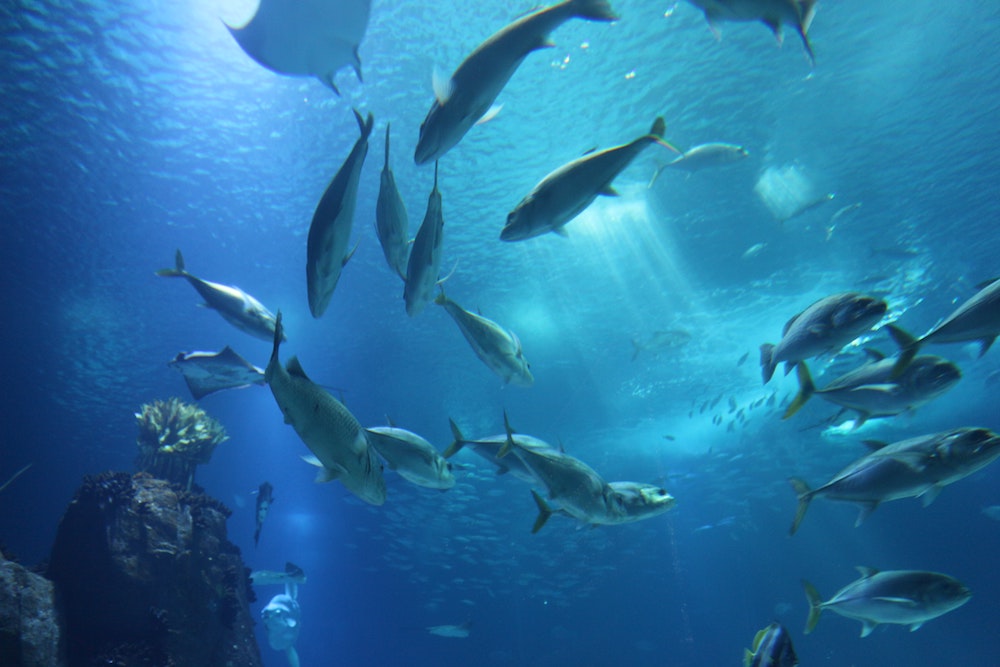 Julia Goralski
Julia Goralski
The mainstreaming of plant-based diets and increase in flexitarians has also poised the vegan seafood category for exponential growth, David notes. Together, overfishing and climate-driven biodiversity loss are driving the demand for seafood alternatives, and ISH is stepping up to the plate.
“The global plant-based food category is expected to reach $162 billion by 2030, with plant-based seafood being the smallest piece in the puzzle,” the CEO explains. “However, there is an opportunity for it to grow globally given the market demand for seafood, but decreasing supply. We want to provide consumers with delicious shrimp and other seafood options without putting their health or the environment at risk.”
And ISH isn’t just stopping there. The company partners with Kiva, a global nonprofit, to provide microloans to the small farmers who provide ingredients to the vegan seafood brand, thereby assuring that that the company is nourishing for all.
For the latest vegan news, read:
JUMP TO ... Latest News | Recipes | Guides | Health | Subscribe

